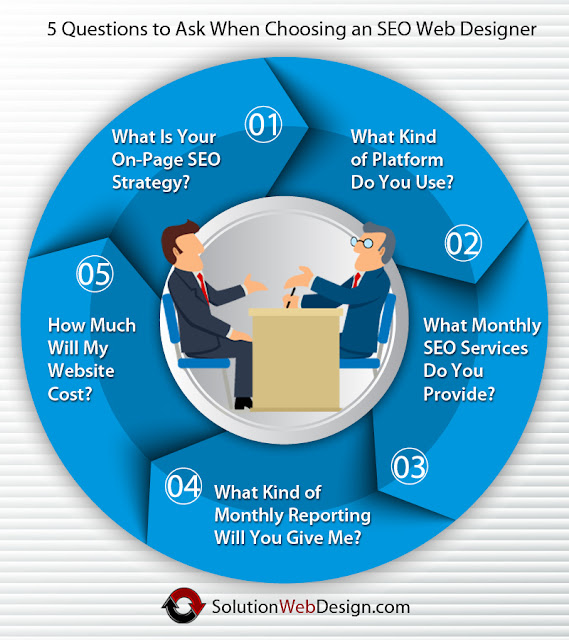Introduction to SEO Copywriting
Websites need to rank on search engines for people to find them. Keywords and search engine optimization are items top web pages use to direct traffic to the site. These pages use many strategies to stay at the top of the search results and beat out the competition. Ranking high on search engines is difficult because sites like Google use constantly changing equations and algorithms to define how the search engine lists each brand or page. What works one day may not work the next.
SEO is All About Keywords
What is search engine optimization? This phrase refers to using keyword data to determine the top ranking terms for a particular market. Writing with a purpose minimizes unnecessary information and provides concise, clear answers presenting information in general terms that most people can understand.
Every industry and product has specific terms and phrases that people associate with it. For instance, an auto body shop might be easiest to find on the web when they use terms like paintless dent repair specialist, automotive repair technician, certified vehicle restoration, high-quality dent removal firm, and mobile dent solutions. These terms help search engines find relevant websites.
Conversational Styles of Writing
Do not saturate writing with a ton of keywords. Stuffing refers to putting tons of keyword variations in a body of writing. Keywords should go into writing in what industry experts call a natural or organic manner. This statement means the phrases and search terms need to sound like someone is reading a letter.
How Search Engines Work
Making sure keywords work naturally in the text helps people looking for a particular service or good. The terms also refer to answers to questions people have about these items. Search engines rank websites according to these keywords in an attempt to provide instantaneous results.
Understanding What Happens When Someone Performs a Keyword Search
SEO ranking uses relevance and popularity as two of the key factors in rating and listing websites. Relevance refers to how close keyword phrases relate to the search. The value of the terms plays a huge role in determining ratings. Ranking factors like popularity refer to the number of times people click on a web page. The more closely a website relates to the search terms someone uses and how popular the page are two of many factors search engines use to rank and list web links.
Writing for People is the Best Policy
SEO copywriting experts tell new writers and business owners to think about having a talk with someone before writing a blog post, article, news bulletin, or video description. When adding keywords and phrases to these posts, it is crucial to make the phrase fit like it belongs in the sentence and paragraph. For example, the term real estate Naples, FL sounds relevant to a hotel website when using it like you are describing the location. Writing - vacationing in a sunny, blissful state is easy with a quick online search for real estate Naples, FL - is a good way to incorporate the keyword in an organic fashion.
Keyword Research is Crucial to Web Success
Since search engines are always adapting and changing the algorithms for ratings, it is crucial for an SEO copywriter to stay on top of differences. Keyword research and data tracking software are necessary tools to keep website owners ahead of the competition. Monthly reporting is a good rule of thumb, but many sites are choosing keyword trackers with real-time reporting. This data gives business owners the chance to swap out phrases and add fresh content as often as necessary to keep ratings up.
HTML is the SEO Copywriting Gold Standard
Writing content that is excellent for indexing begins with knowing how search engines read web information. HTML is the best way to present online material to get more traffic to your website. Indexable posts and blogs with java or flash files get passed over by search engines where standard HTML with text descriptions works every time. Moz tells readers to double check indexing with Google cache and sites like SEO-browser.com. Google cache shows the way your site looks to the web when someone performs an SEO search. Without HTML, the page will show up blank with no videos or photos. No text is visible unless you have HTML on the page. Without this visibility, the website has no way to rank on search engines.
Analyzing the Data Applies to More Than Keywords
Looking at the website means seeing how much information is in text versus code. Keyword selection also means checking out the competition to see what terms and phrases other brands are using to rank high on search engines. To find out which sites to follow, do a quick Google search using your top keywords. You can continue going down the list until you determine the top five competitors to watch.
How to Write with a Purpose as an SEO copywriter
- Choose a topic - Purpose refers to the audience your brand wants to attract. How do you relate to this group? What is the target group you want to reach? Answering these questions helps you define the direction to take the content when writing.
- List the author - Search engines want this information to organize documents by the writer. The more popular a person, the more likely the text will help the site rate high on search rankings.
- Page titles, meta descriptions, and title tags need keywords - Strategic placement of top phrases will boost search ratings.
- Edit once, twice, even a third time - This step is extremely important. The quality of the content will go down without reputable information and credible backlinks to authority sites.
- Use outlines to organize the information so it is easy to follow - People want posts they can glance at and scan before reading. If the content looks interesting, then the reader will go back and read what is between the headlines. Use keyword variations in the headers to help boost search ratings.
Writing information for the web requires constant research. Staying on top of changes means using top keyword tracking tools. SEO copywriting can help launch your brand to the top of local searches. Be sure to check directory listings and make sure all the information is correct and consistent on every site otherwise; it will confuse search engines and make top rankings challenging to achieve.
About the Author
Craig Corbel is Vice President of Marketing for Solution Web Designs, a leading NY area full-service online marketing agency. Learn more about their services by visiting SolutionWebDesigns.com.




Comments
Post a Comment